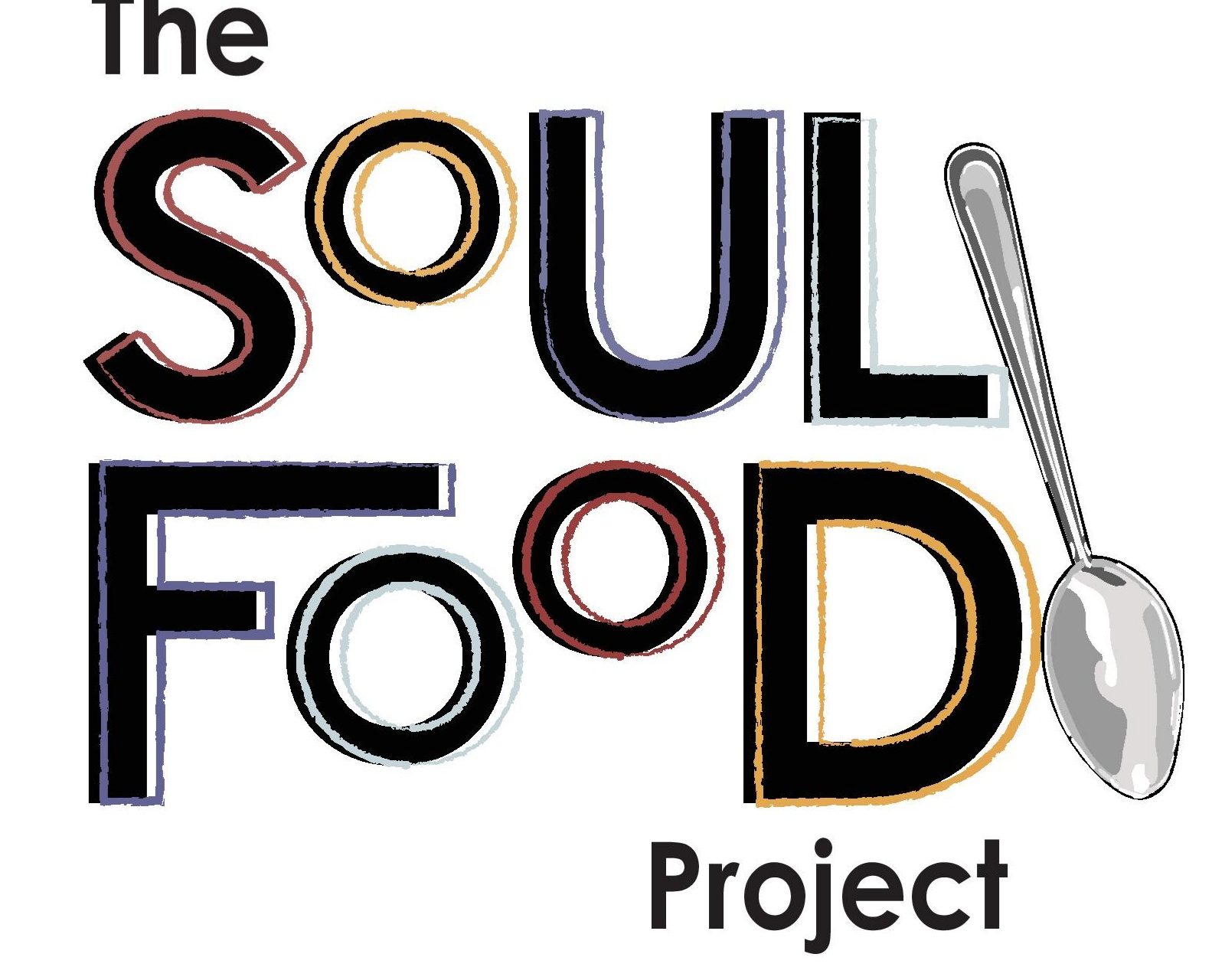The Soul Food Project recently launched a community cookbook highlighting young Black voices in Toronto. They have published about 100 pages worth of recipes, poems, and interviews on Issuu, all of which were created by Black home cooks and food lovers under 30. CJRU speaks with Sheldomar Elliott, one of the Soul Food Project organizers and a recent Ryerson grad, about the project’s origin, intentions and where they’ll go from here.
Community cookbooks are grassroot, DIY alternatives to the cookbooks that are stocked in commercial bookstores. They are compiled through local submissions rather than professional chefs and the nature of this work allows readers to see what a community is eating at a particular time in history. Elliott explains that their team wanted to create a space for Black youth to share recipes without any expectations around what that means in relation to their identity, so contributors were welcome to share dishes tied to their culture or dishes outside of it. This resulted in a collection of recipes for banana fritters, Turkish lentil soup, misir, oreo birthday cookies and much more.

Courtesy of The Soul Food Project
“It was a way for us to amplify Black youth stories around food and what brings us comfort during these times. Amidst the pandemic and especially with the climate around Black Lives Matter in the summer. It’s really an exercise of community care, ” he explains.
Not only is there creative freedom, storytelling is another key element to the community cookbook. Many of the recipes are accompanied by anecdotes from contributors, as well as illustrations and poems.
“It was really beautiful to get submissions of poems about folks growing up with their grandmothers in the kitchen cooking their favourite dish, or eating a certain dish and being reminded of their mother. We just thought that those tender and special moments need to be heard more,” Elliot adds.
The Soul Project’s cookbook feels like a time capsule of sorts, documenting the community’s relationship to food at a time when food insecurity is heightened by the COVID-19 pandemic. Beyond the Soul Food Project, Elliott wears many hats in Toronto’s food justice movement. He is a food Rx coordinator for FoodShare Toronto, co-chair of a Toronto Youth Food Policy Council, and belongs to a Black food sovereignty alliance in the city. He says that food is such a necessary part of life but often misunderstood as a neutral topic.
Through projects like this one, the Soul Food Project communicates that society’s relationship to food is complex. The final page of the community cookbook acknowledges these nuances by stating, “food can warm us, it can be comforting; it can remind us of home, of family, our roots; it can bring people together, as a meeting point. Our relationships with food can also be fraught. Food is political. It is also a means of survival. Every recipe tells a story.”
While community cookbooks are a new addition to his food justice work, Elliott believes that it is a powerful tool for youth in the city. Once plans for the community cookbook were in motion, the Soul Food Project began working with the City of Toronto’s Combating Anti-Black Racism unit. Through this collaboration, they received funding for the cookbook’s artwork and it also led to deeper conversations around Anti-Black racism as it relates to food. This resulted in the interviews with industry change makers found through the cookbook. They spoke with leaders in food service, dietician services, urban farming and documented their relationship to the food system and what changes they were passionate about.
Elliott explains that they didn’t set out to create a politicized cookbook, but it evolved organically in response to the conversations that were already taking place in the community. Looking ahead, Elliott says the Soul Food Project will distribute a limited run of printed community cookbooks and hopes to do more food-oriented initiatives.
To hear more from Sheldomar Elliott of The Soul Food Project, listen to the interview below:









